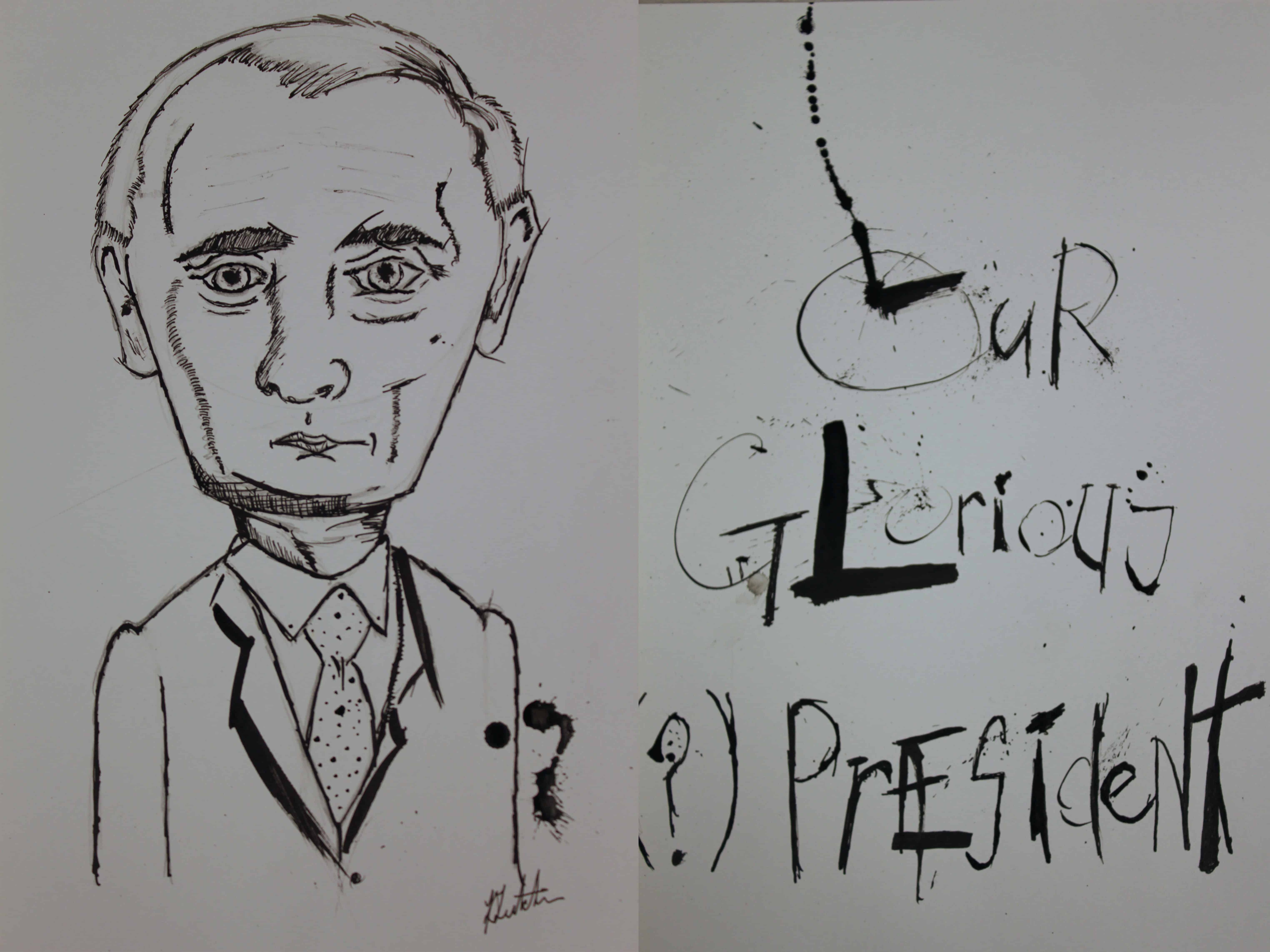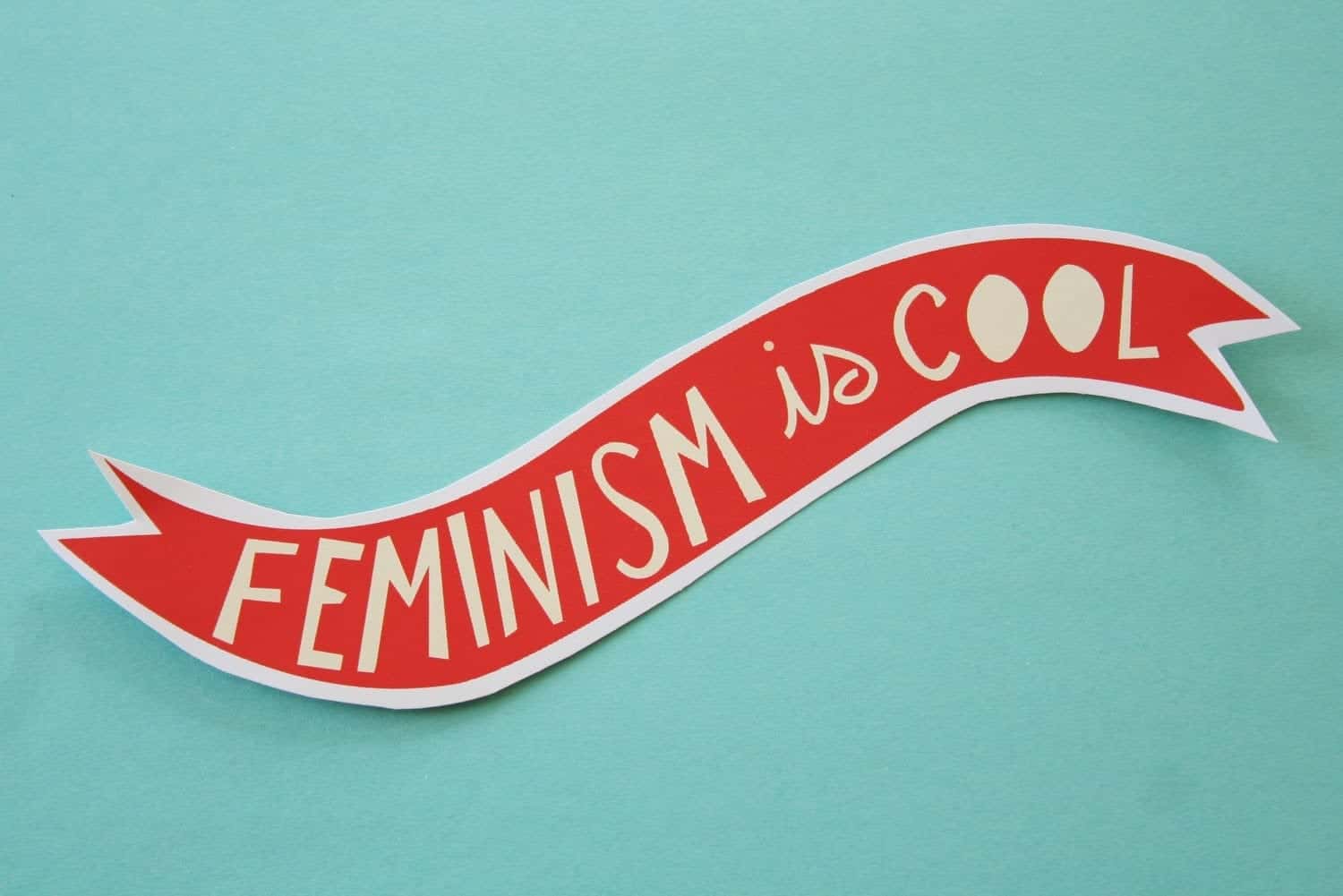Off-Putin

Meet the almost tsar of Eurasia
Author: Jason Chestney
Putin’s aggression and support of the separatists in eastern Ukraine should come as a surprise to no one. Since becoming president of Russia in 2000, Putin has adopted a very simple goal: to return Russia to the world power status it previously enjoyed before the disintegration of the Soviet Union. Inevitably, this means reacquiring the Soviet Union’s former territory, often through the use of military force. The reason for this, I believe, likely stems from Putin’s career path. He was a member of the KGB and director of its successor the FSB, and the top-down style of governance was infused into him. This would also become apparent in his relations with his subordinates in his government. Putin, upon taking power, made it clear that he was the person that ultimately controlled every aspect of government policies, demonstrated most notably in 2012 when he fired Defence Minister Anatoliy Serdyukov over charges of negligence and corruption. As if Putin, who is rumoured to have a vast secret fortune, has the right to accuse anyone of corruption.
On the domestic front, Putin was not idle either. In his vision for an autocratic Russian state, he systemically turned all mainstream media outlets into government propaganda broadcasters. Journalists who openly criticized Putin and his policies turned up dead with alarming frequency. In typical autocratic fashion, Putin has also dramatically decreased the power of the Russian parliament and engineered fraudulent elections to ensure his party maintained a majority. As a result, the opposition has no real power to oppose the government, making parliament a rubberstamp for Putin’s policies. Democracy in Russia is only skin-deep. While protests are allowed, such as the voicing of opposition to the most recent Duma election results, active direct criticism of Putin and the Russian state is quickly stamped out. For those few who have courageously spoken out against Putin and the corruption in Russian society, such as Alexei Navalny and the band Pussy Riot, have found themselves arrested and jailed on “hooligan” charges, which I believe is Putin’s favourite word of political doublespeak in order to justify imprisoning anyone who disagrees with his policies.
However, the area in which Putin is still the most active is foreign policy. In my opinion, the fact that Putin is making intrigues into Ukraine should come as no surprise as it is merely a continuation of the policies that Putin started over fourteen years ago with the Russian conquest of Chechnya in 2001. The territorial acquisition has increased in speed, especially since the war with Georgia in 2008 that showed Putin that Russia once again had military superiority over its immediate neighbours. This has also convinced many of the smaller countries on Russia’s southern or eastern borders, which do not have the economic or military strength to resist a Russian invasion, to join with Russia into the Eurasian Union. Destined to formally come into being on Jan.1, 2015, this will likely result in these territories losing the political independence that they gained in 1991. In Putin’s vision of this Union, Ukraine likely plays a key role. Historically, Ukraine was the second most powerful Soviet republic, as well as a key agricultural region. The idea of a Ukraine supporting the west, or even a member of NATO, is one that Putin cannot tolerate.










